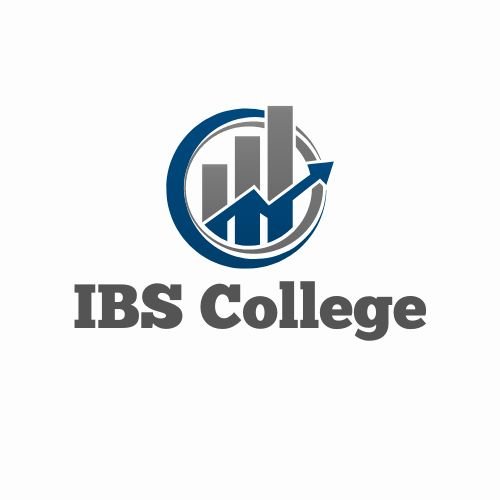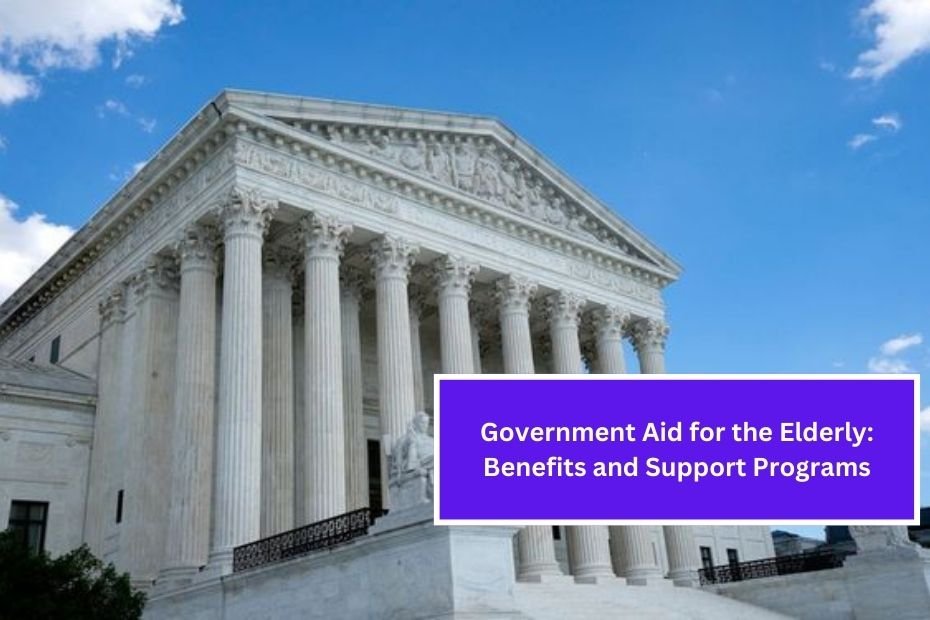As we age, many of us face new challenges, including financial difficulties, health issues, and changes in our living situations. Fortunately, governments around the world offer various support programs to help older adults live comfortably and securely. This article will explore the different types of government aid available for the elderly, the benefits they provide, and how to access these resources.
Understanding Government Aid for the Elderly
Government aid for the elderly includes financial assistance, healthcare services, housing support, and community programs. These resources aim to improve the quality of life for older adults and ensure they can live with dignity and respect.
1. Financial Assistance Programs
Financial assistance programs are designed to help older adults meet their basic needs, such as food, housing, and medical care. Here are some of the most common types of financial aid:
Social Security
Social Security is a government program that provides financial support to retirees, disabled individuals, and their families. Older adults can begin receiving Social Security benefits as early as age 62, but the amount they receive depends on their work history and when they choose to retire.
Benefits of Social Security:
- Provides a steady monthly income.
- Helps cover essential expenses, including housing and food.
- Adjusted annually for inflation to maintain purchasing power.
Supplemental Security Income (SSI)
SSI is a federal program that offers financial assistance to elderly individuals with limited income and resources. To qualify, applicants must meet certain income and asset limits. This program is especially helpful for those who may not have enough savings or Social Security benefits.
Benefits of SSI:
- Provides cash assistance to help with basic needs.
- No work history required for eligibility.
- Available to individuals aged 65 and older, as well as those with disabilities.
Veterans Benefits
For elderly veterans, the government provides various benefits through the Department of Veterans Affairs (VA). Programs like the VA Pension can help low-income veterans and their surviving spouses.
Benefits of Veterans Benefits:
- Financial assistance for healthcare and living expenses.
- Access to VA healthcare services.
- Additional aid for veterans with disabilities.
2. Healthcare Assistance Programs
Healthcare is a major concern for many elderly individuals. Fortunately, there are several government programs designed to help older adults access medical care:
Medicare
Medicare is a federal health insurance program available to individuals aged 65 and older, as well as some younger people with disabilities. It has different parts that cover various services:
- Part A: Covers hospital stays and inpatient care.
- Part B: Covers outpatient services, including doctor visits and preventive care.
- Part D: Provides prescription drug coverage.
Benefits of Medicare:
- Helps reduce healthcare costs for seniors.
- Provides access to a wide range of medical services.
- Preventive services are often covered at no cost.
Medicaid
Medicaid is a joint federal and state program that offers health coverage to low-income individuals, including many elderly people. Eligibility varies by state, but it generally covers long-term care services, such as nursing home care.
Benefits of Medicaid:
- Comprehensive coverage for medical expenses.
- Long-term care assistance, which can be crucial for seniors.
- Helps cover costs for those without sufficient resources.
3. Housing Assistance Programs
Safe and affordable housing is essential for older adults. The government offers several programs to help seniors secure stable living arrangements:
Section 8 Housing Choice Voucher Program
This program helps low-income individuals, including elderly people, afford housing in the private market. Participants receive vouchers that subsidize their rent, making housing more affordable.
Benefits of Section 8:
- Helps seniors find safe and suitable housing.
- Reduces financial burden through rental assistance.
- Allows participants to choose their own homes.
Public Housing
Public housing programs provide affordable rental housing for low-income families, including elderly individuals. These homes are owned and managed by local housing authorities.
Benefits of Public Housing:
- Provides affordable living options.
- Accessible units for seniors with disabilities.
- Community support services may be available.
4. Community Support Programs
In addition to financial and healthcare assistance, many communities offer programs designed to help seniors stay active and engaged. These programs often focus on socialization, education, and wellness.
Senior Centers
Many towns and cities have senior centers that offer various activities, such as fitness classes, social events, and educational workshops. These centers provide a place for older adults to connect with others and stay active.
Benefits of Senior Centers:
- Opportunities for social interaction and community involvement.
- Access to resources and information about services.
- Activities that promote physical and mental well-being.
Meals on Wheels
Meals on Wheels is a program that delivers nutritious meals to seniors who may have difficulty preparing food for themselves. This service ensures that older adults receive healthy meals while also providing social interaction through visits from volunteers.
Benefits of Meals on Wheels:
- Regular, balanced meals delivered to the home.
- Helps combat loneliness and isolation.
- Supports nutritional needs for seniors.
5. How to Access Government Aid
Accessing government aid can seem overwhelming, but there are steps you can take to navigate the process:
Research Available Programs
Start by researching the different programs available in your area. Websites like Benefits.gov can help you find federal assistance programs based on your needs and eligibility.
Gather Necessary Documentation
When applying for assistance, you may need to provide documentation such as proof of income, identification, and medical records. Gather these documents ahead of time to streamline the application process.
Apply for Benefits
Most government programs have specific application processes. You can often apply online, by mail, or in person. Follow the instructions carefully to ensure your application is complete.
Follow Up
After submitting your application, follow up with the relevant agency to check on the status of your request. This can help you stay informed and address any issues that may arise.
Conclusion
Government aid for the elderly plays a crucial role in ensuring that older adults can live fulfilling and secure lives. From financial assistance and healthcare coverage to housing support and community programs, there are many resources available to help seniors navigate the challenges of aging.
If you or a loved one is in need of assistance, take the time to explore the various programs available. Remember, you are not alone, and there are numerous organizations and agencies ready to help you access the support you need. By utilizing these resources, you can enhance your quality of life and enjoy the golden years with dignity and peace of mind.

